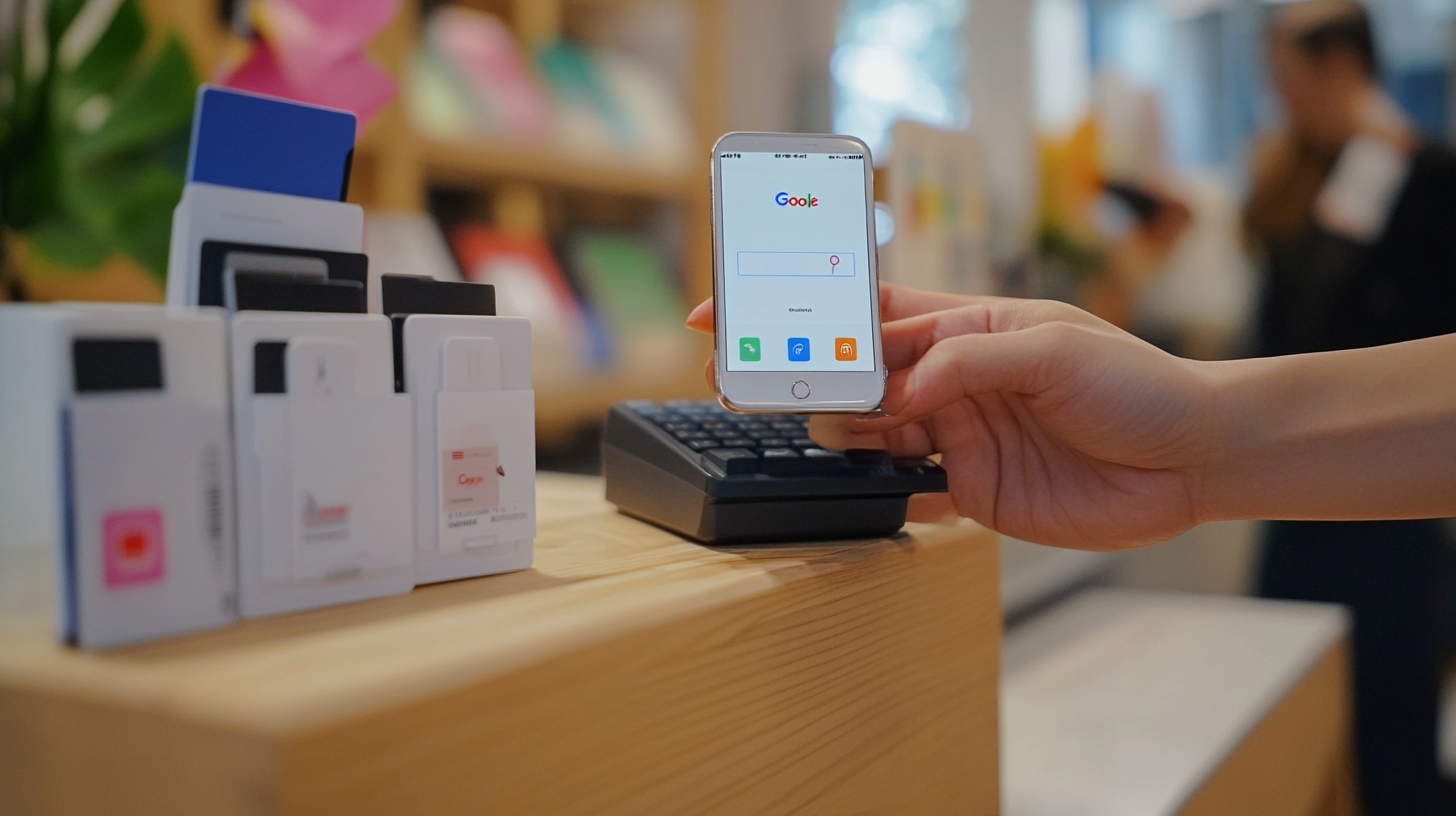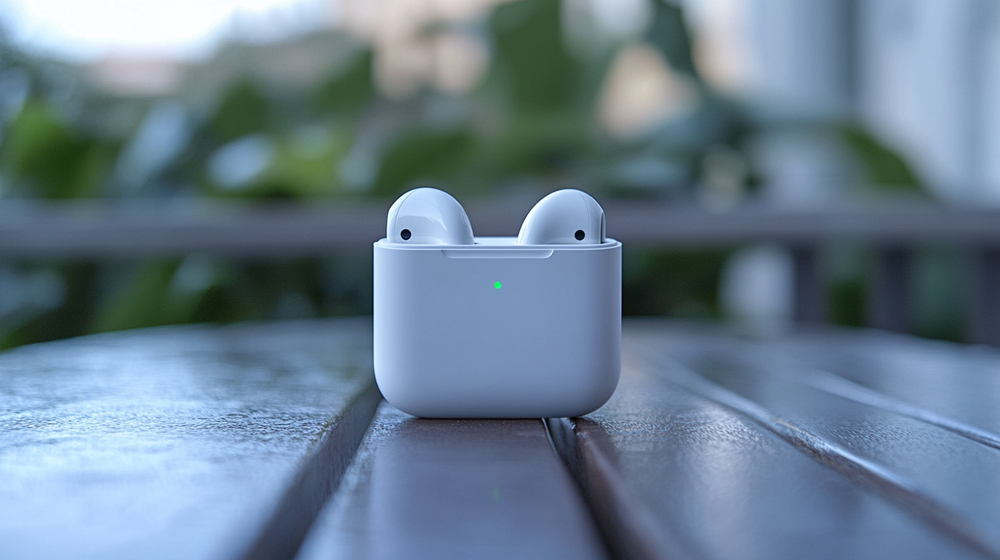In the ever-evolving world of technology, Google’s attempts to capture the market for tracking devices continue to face significant hurdles. Despite rigorous testing and developmental efforts, Google’s competitors to Apple’s renowned AirTag series remain marred by reliability issues. Let’s delve into the details of these tests and the implications for consumers.
The Testing Ground: A Repeated Trial of Patience
Every titan of technology knows the rigorous path of development, innovation, and continuous improvement necessary to maintain a competitive edge. For Google, the path to rivaling Apple’s AirTags has been rocky. Despite their attempts, repeated tests have shown that Google’s alternatives often falter at crucial junctures, leaving users questioning their dependability. This revelation could shift consumer loyalty, especially for those reliant on precision and reliability in personal tracking technology.
Putting Reliability to the Test
In a series of comprehensive tests conducted to evaluate the performance of these tracking devices, Google’s offerings fell short in several critical areas. Users reported issues with tracking accuracy, signal stability, and unexpected disconnections. These lapses are more than mere inconveniences; they undermine fundamental user trust in the product’s ability to reliably secure and track items. According to Android Authority, the tests highlighted how Google’s devices struggle to match the seamless operation that Apple’s AirTags have perfected.

The Impact on Consumer Confidence
With each failed test, consumer confidence takes a hit. The allure of a cheaper or more innovative product quickly dissipates when it fails to meet basic reliability standards. Shoppers looking for trustworthy tracking solutions might turn back to Apple or consider other alternatives if Google cannot significantly improve their product’s performance. As these tracking devices are often used for securing valuable possessions, the margin for error is virtually nonexistent.
Striving for Improvement
Despite these setbacks, Google’s drive to perfect its technology remains undeterred. The company is reportedly working on a new iteration of its product, hoping to address the issues highlighted during recent tests. Ensuring comprehensive testing and focusing on real-world conditions might be the key strategies to enhance their product’s reliability. Such improvements could restore faith in Google’s capabilities to deliver quality competitive technology.
A Complex Market for Tracking Devices
The market for personal tracking devices is complex, with user expectations continually rising. As competitors try to oust AirTag’s dominance, they face a multitude of challenges, from technological limitations to user perception barriers. The journey for Google and potential competitors is filled with opportunities to innovate but also numerous pitfalls that can hinder their progress.

Conclusion: A Continuous Challenge for Google’s Tech Aspirations
In a climate where consumers demand the best for their money, Google’s ongoing struggle to present a reliable competitor to Apple’s AirTags serves as a sobering reminder of the challenges facing even the most powerful technology firms. Ensuring reliability in tech products is not just beneficial—it’s essential for survival in the competitive landscape. Google’s current focus should be on listening to user feedback, scientific itineration, and rigorous real-world testing to regain consumer trust and establish a solid foothold in the tracking device market. Will Google’s next attempt turn the tide? Only time and more testing will tell.


















